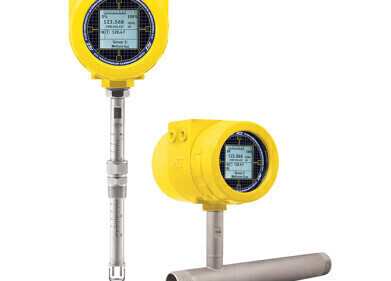Flow Level Pressure
What is the Outeniqua Basin?
Feb 14 2018
State-owned Qatar Petroleum made the news in early February 2018, buying into an exploration in the Outeniqua Basin. But, while many have heard of the Outeniqua Mountains, people don’t tend to know what the basin entails. With that in mind, read on as we take a closer look at the Outeniqua Basin, and what Qatar’s investment means.
South Africa’s untapped potential
The Outeniqua Basin is one of a growing number of areas that has the potential for a huge discovery of for oil and gas. It’s located south of South Africa, heading out from Port Elizabeth and stretches around 300 miles to the west. It’s split into different sections, which are being bought for exploration by oil companies.
One of those companies is multinational giants Total, who began drilling in block 11B/12B in 2014, in search of deep sea oil. The block covers around 19,000km² and ranges from 200m to 1800m in water-depth.
Qatar gets involved
Despite starting in 2014, Total were soon forced to stop, when they hit the hurdle of mechanical problems. This may be down to the strong currents off the coast of South Africa. However, four years on, they’re looking to resume drilling towards the end of 2018. The article ‘Sounds good – Using ultrasound for safer pipeline inspections’ looks at how technology has enable oil companies to overcome a problematic operation.
With the South African opportunity presenting huge potential, Qatar Petroleum has bought a 25% stake in the concession. It now means Total own 45%, while CNR International own 20% and Main Street own 10%, though no purchases prices have been disclosed.
Continuing to grow
This new investment is nothing out of the ordinary for Qatar, which is now the third largest oil company in the world based on oil and gas reserves and the largest producer of liquified natural gas. The state-owned energy giant is also looking to explore oil and gas in Morocco and Cyprus.
Qatar Petroleum won a bid for a Cyprus exploration plot in February, and begun exploration in Morocco. It’s clear that they’re looking to expand into other countries, rather than simply sitting on their own resources.
“With how big the market is, and the limitation on how much you can develop in Qatar, we want to go external to further develop our strength in LNG,” explained Qatar Petroleum CEO, Saad Sherida Al Ka’abi. “That’s why you see us expanding internationally. We will remain for a very long time the leader in LNG.”
Digital Edition
PIN 25.5 Oct/Nov 2024
November 2024
Analytical Instrumentation - Picturing Viscosity – How Can a Viscometer or a Rheometer Benefit You? - Sustainable Grease Formulations: Evaluating Key Performance Parameters and Testing Method...
View all digital editions
Events
Dec 03 2024 Dusseldorf, Germany
Dec 08 2024 Anaheim, CA, USA
Turkey & Black Sea Oil and Gas
Dec 11 2024 Istanbul, Turkey
Dec 19 2024 Aurangabad, India
Jan 20 2025 San Diego, CA, USA



















